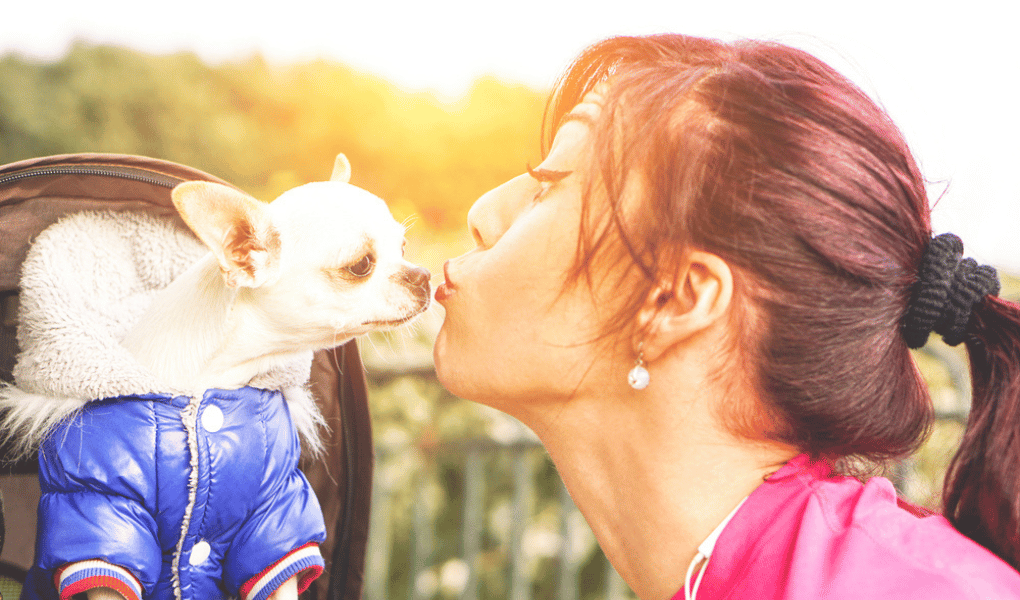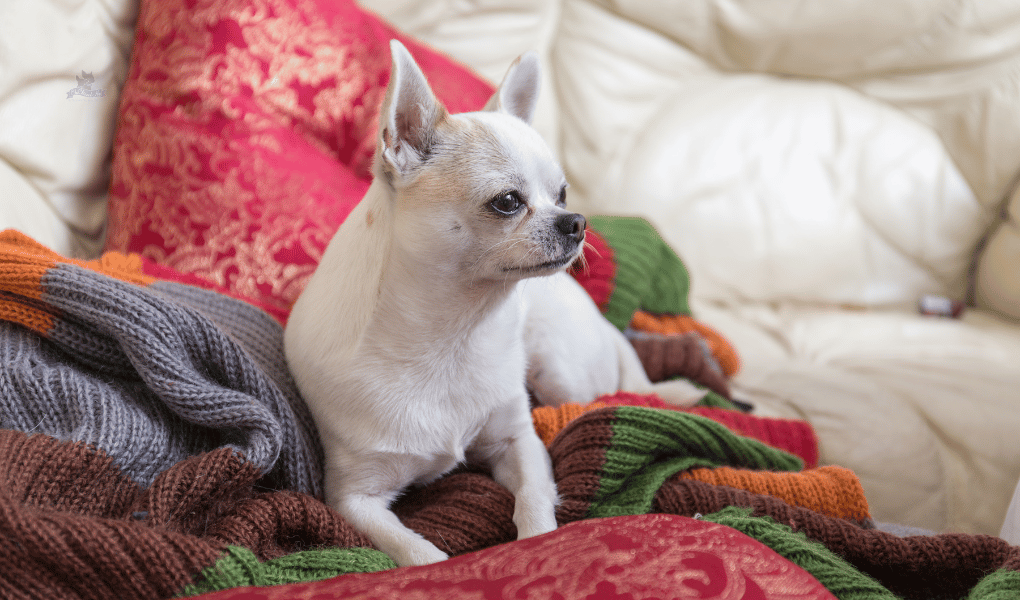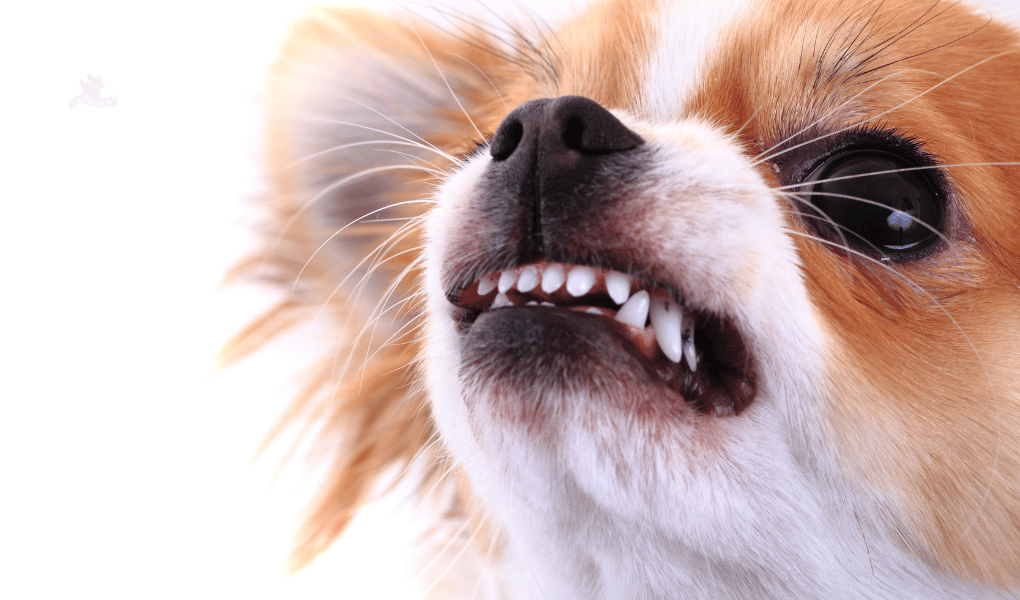As you and I know, Chihuahuas are known for their bold personalities and loyal nature, but we also know that sometimes these tiny dogs can exhibit aggressive behavior that leaves us puzzled and concerned. If you’re wondering why your Chihuahua is so aggressive, it’s important to delve into the root causes and understand how to address this behavior effectively.
COMMON CAUSES OF AGGRESSION IN CHIHUAHUAS
1. Fear and Anxiety
Fear-induced aggression is one of the most common reasons for aggressive behavior in Chihuahuas. If they feel threatened or scared, they might react defensively by growling, snapping, or biting. This could be due to unfamiliar people, new environments, or sudden loud noises.
2. Lack of Socialization
I cannot express strongly enough how very important socialization is for any dog, but it is absolutely crucial for Chihuahuas, who can become territorial or wary of strangers if not properly socialized. Puppies need positive exposure to various people, animals, and environments to develop confidence and reduce fear-based aggression.
3. Territorial Behavior
Chihuahuas are naturally territorial and protective of their space and their owners. “Territorial aggression” can occur when they perceive a threat to their territory or family. This can be directed towards other animals or people entering their perceived domain.
“Territorial Behavior” can also be what is known as “resource guarding”. This means anything that they highly value and see as theirs alone. This includes food bowls, toys, beds, and furniture, and I’m sorry to break it to you, but your Chihuahua sees you as a “resource”. You are the ultimate provider of all things good. The good news is that he highly regards you as his #1 most valuable “resource”. Oh, and he loves you too. 🙂

4. Medical Issues
Are you grumpy and out-of-sorts, maybe even angry when you don’t feel well? The same goes for your Chihuahua. Your Chihuahua could be aggressive because sometimes, underlying health problems can contribute to aggression. Pain, neurological issues, or other medical conditions can make a normally friendly Chihuahua act aggressively. If your dog’s behavior changes suddenly, it’s essential to consult a veterinarian to rule out any health issues.
5. Dominance
While less common, some Chihuahuas may display “dominance aggression”. This occurs when they try to assert themselves as the pack leader, especially if they haven’t been taught appropriate behavior and boundaries.
I take issue with the word “dominance” because some unscrupulous dog trainers still try to implant the idea that humans must be “dominant” over their dogs.
However, there is the matter of hierarchy in a pack. You must assert your role as the “leader” of the pack, but that does not mean you need to be “dominate” over him. That is an important difference.
How to Address Aggression in Chihuahuas
1. Early Socialization
Start socializing your Chihuahua from a young age. Introduce them to a variety of people, places, and other animals in a controlled and positive manner. This helps them become more confident and less fearful in different situations.
2. Positive Reinforcement Training
Use “positive reinforcement” techniques to train your Chihuahua. Reward good behavior with treats, praise, and affection. Avoid punishment, as it can increase fear and aggression. Training should focus on teaching commands like “sit,” “stay,” and “come,” and on reinforcing calm behavior.
3. Consistent Boundaries
Establish clear and consistent boundaries. Make sure all family members follow the same rules to avoid confusing your dog. This is very important. Consistency helps your Chihuahua understand what is expected and reduces anxiety.
For example: If you don’t want your Chihuahua on the furniture, then don’t let them jump on the furniture, be sure no one else in the house allows him to be on the furniture. You can’t let him on the furniture “sometimes” and expect him to know when you feel it’s okay or not okay.

4. Professional Help
If your Chihuahua’s aggression is severe or persistent, consider seeking help from a professional dog trainer or a veterinary behaviorist. They can provide personalized strategies and support to address your dog’s specific issues.
Some trainers and or behaviorists will come to your home and show you how to address the behavior and what causes it and how to stop or manage it. I continuously check prices locally, and they are not as expensive as you may think and are a wise investment for your Chihuahua’s health and your peace of mind. A peaceful household is priceless.
5. Medical Check-Up
Schedule a comprehensive check-up with your veterinarian to rule out any medical causes of aggression. Conditions such as dental pain, arthritis, or hypothyroidism can contribute to aggressive behavior.
6. Create a Safe Environment
Ensure your Chihuahua has a safe and secure environment where they feel comfortable. Provide them with their own space, such as a crate or a designated area, where they can retreat if they feel stressed or overwhelmed.
Conclusion
Understanding why your Chihuahua is aggressive is the first step towards addressing the behavior. By identifying the root cause and taking proactive measures, you can help your Chihuahua become a happier, more well-adjusted and confident little dog. Remember, patience and consistency are key. With the right approach, you can create a loving and peaceful relationship with your furry friend.
